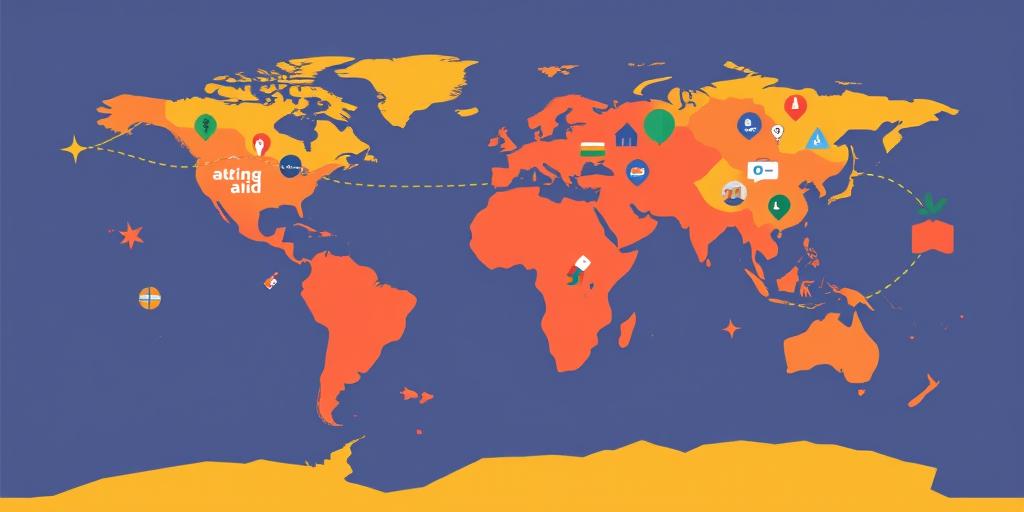So, let's talk about foreign aid and development economics. It's a complex issue, right? I mean, on the one hand, you have countries genuinely trying to help others improve their living standards. On the other hand… well, let's be real, there's a lot of room for improvement. Sometimes, aid ends up doing more harm than good. It's a messy situation.
One of the biggest challenges is making sure aid actually reaches the people who need it most. Corruption is a huge problem in some countries, and aid money can easily disappear into the pockets of officials. I've read studies – and I know, this is wild, but stay with me – showing that a significant portion of aid never makes it to its intended recipients. Crazy, right?
Another thing to consider is the impact of aid on local economies. Sometimes, an influx of foreign aid can actually stifle local businesses. If aid provides free goods or services, it can undercut local producers, leading to job losses and economic hardship. It's a bit of a double-edged sword, you know?
Then there’s the question of conditionality. Often, aid comes with strings attached – requirements that recipient countries must meet in order to receive the funds. These conditions can sometimes be beneficial, promoting good governance or economic reforms. But they can also be overly burdensome or even counterproductive, interfering with a country's own development priorities.
There's also a lot of debate about the effectiveness of different types of aid. Some argue that direct financial assistance is the most effective way to boost economic growth, while others prefer to focus on investments in education, healthcare, or infrastructure. I honestly think it depends on the specific context. There's no one-size-fits-all solution.
Ultimately, foreign aid is a complex instrument with both potential benefits and drawbacks. Its effectiveness depends on a variety of factors, including the quality of governance in the recipient country, the design of aid programs, and the overall global economic environment. It's not a simple problem with easy answers, and it's something we need to keep thinking critically about. Have you tried to unravel this Gordian knot? Would love to hear your take!




